“On the Spot” backs members of Culture on the Edge into a corner to talk about their backgrounds, their ongoing work, and what might be gained by an alternative understanding of how identity works.
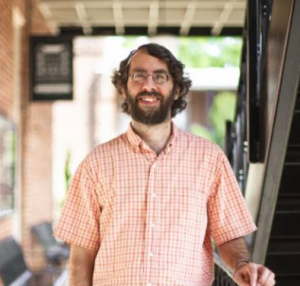 1) When people ask what you study, what do you tell them?
1) When people ask what you study, what do you tell them?
Typically, I respond with the straightforward “Religions of India, like Hinduism and Islam” or “Religions of Asia.” While the answer prompts some people to talk about whomever they know who is from India or has visited India, the perceived exotic nature of India, Hinduism, and Islam means that fewer people are confident to start a lengthy discourse about India, as some people do if I simply answer “religion.”
2) How do questions of identity manifest in your research?
My initial intention was to study the difference between strict religious identifications and the fluidity of practice, as many in India participate in practices that we commonly identify with competing religions. Self-identified Hindus not only celebrate festivals with their co-workers and friends who identify as Muslim, but they also often pray for healing or assistance at Sufi shrines. Similarly, self-identified Muslims have cooperated with Hindus in both ritual and non-ritual practices, even serving as sponsors and performers in particular festivals. And the same dynamics play out among people who identify as Sikh, Jain, or Christian in many parts of India. Continue reading “On the Spot with Steven Ramey”

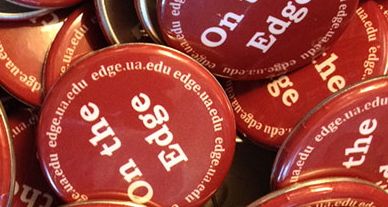 The Culture on the Edge collective frequently addresses the relevance of various questions about origins, identifications, and discourse that reflect issues in Religious Studies, but we apply those questions to aspects of society not typically identified as religious. These ideas are a part of a Culture on the Edge panel at the Southeast Regional AAR/SECSOR meeting this coming weekend in Atlanta. Vaia Touna and Steven Ramey will participate in a panel on Saturday March 5 entitled “Culture on the Edge Grounded and Applied: The Wider Relevance of the Study of Religion”. If you are planning to attend the conference or happen to be close enough to show up on Saturday, we would love to chat with you and hear your thoughts on applying issues in Religious Studies more broadly.
The Culture on the Edge collective frequently addresses the relevance of various questions about origins, identifications, and discourse that reflect issues in Religious Studies, but we apply those questions to aspects of society not typically identified as religious. These ideas are a part of a Culture on the Edge panel at the Southeast Regional AAR/SECSOR meeting this coming weekend in Atlanta. Vaia Touna and Steven Ramey will participate in a panel on Saturday March 5 entitled “Culture on the Edge Grounded and Applied: The Wider Relevance of the Study of Religion”. If you are planning to attend the conference or happen to be close enough to show up on Saturday, we would love to chat with you and hear your thoughts on applying issues in Religious Studies more broadly. 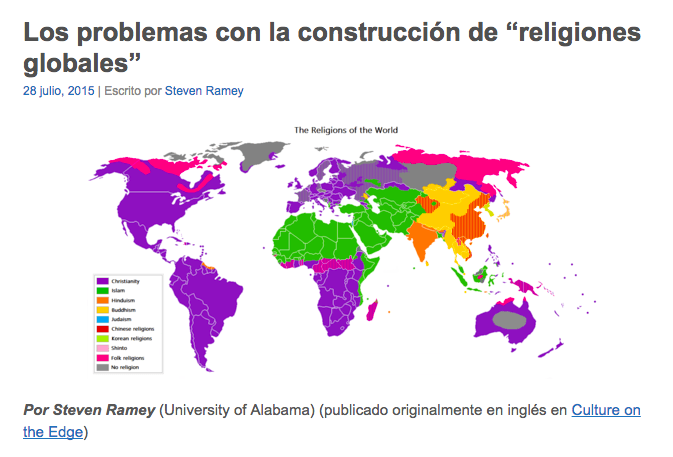
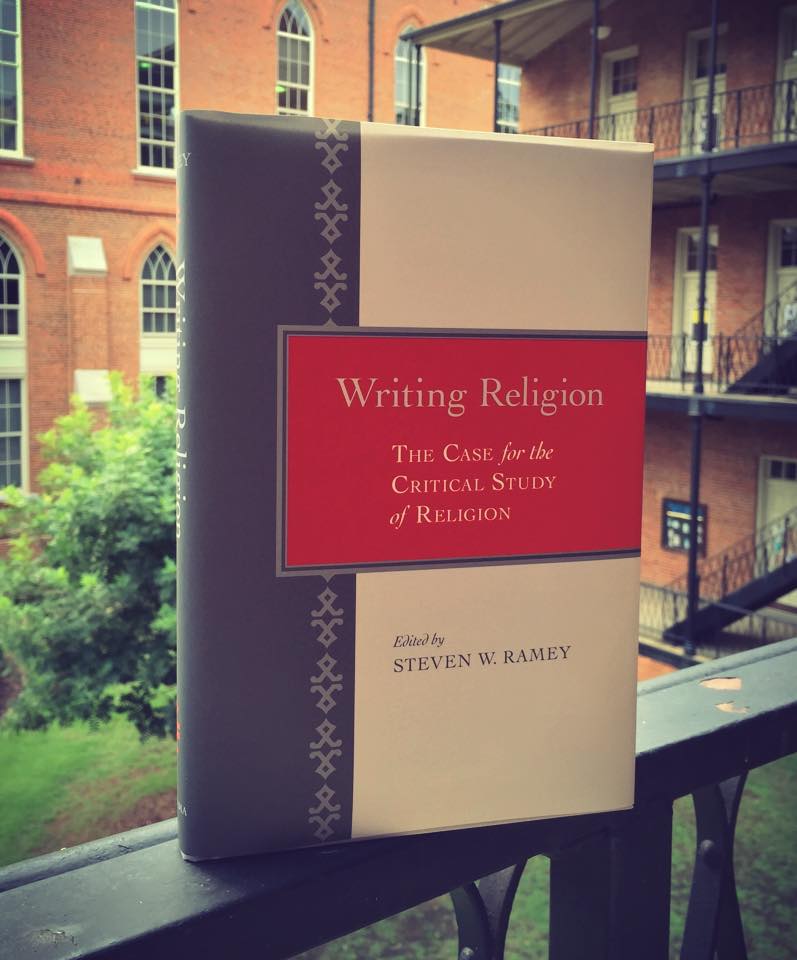

 Culture on the Edge was founded in early 2012 as a small research group, comprised of
Culture on the Edge was founded in early 2012 as a small research group, comprised of 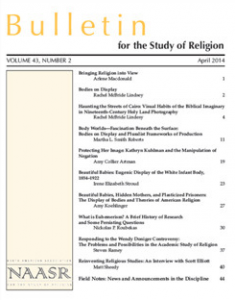
 In December 2013,
In December 2013, 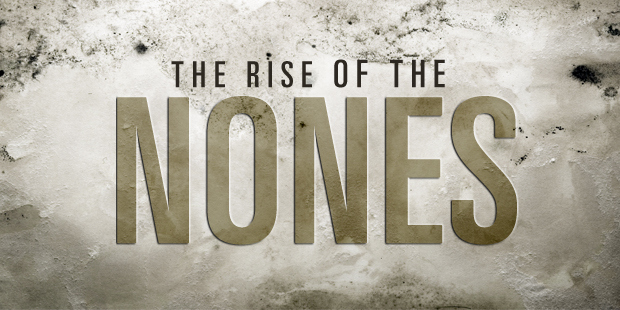 Interested in the responses of the Edge‘s own Steven Ramey and Monica Miller to
Interested in the responses of the Edge‘s own Steven Ramey and Monica Miller to  Read more from the Bulletin for the Study of Religion
Read more from the Bulletin for the Study of Religion